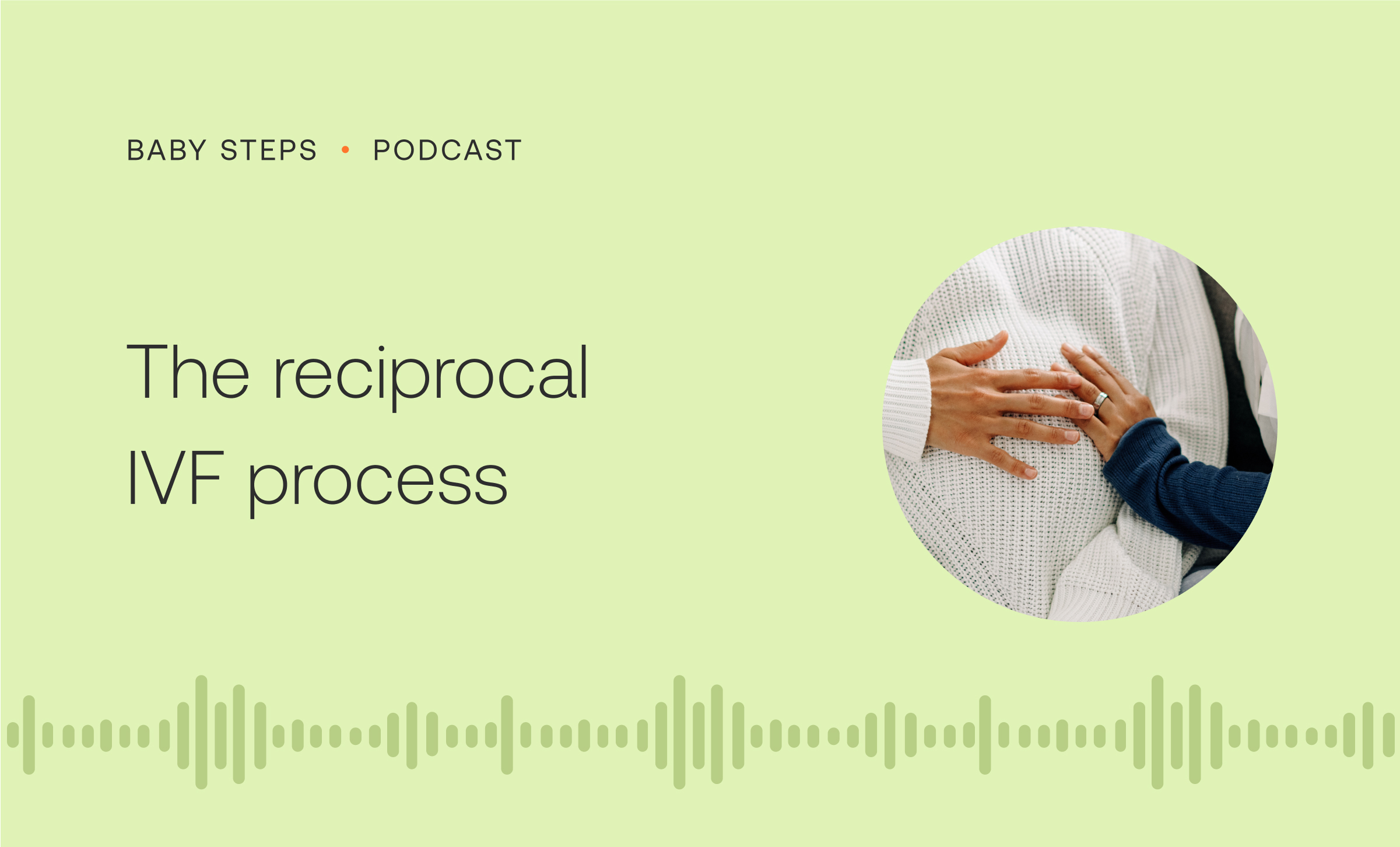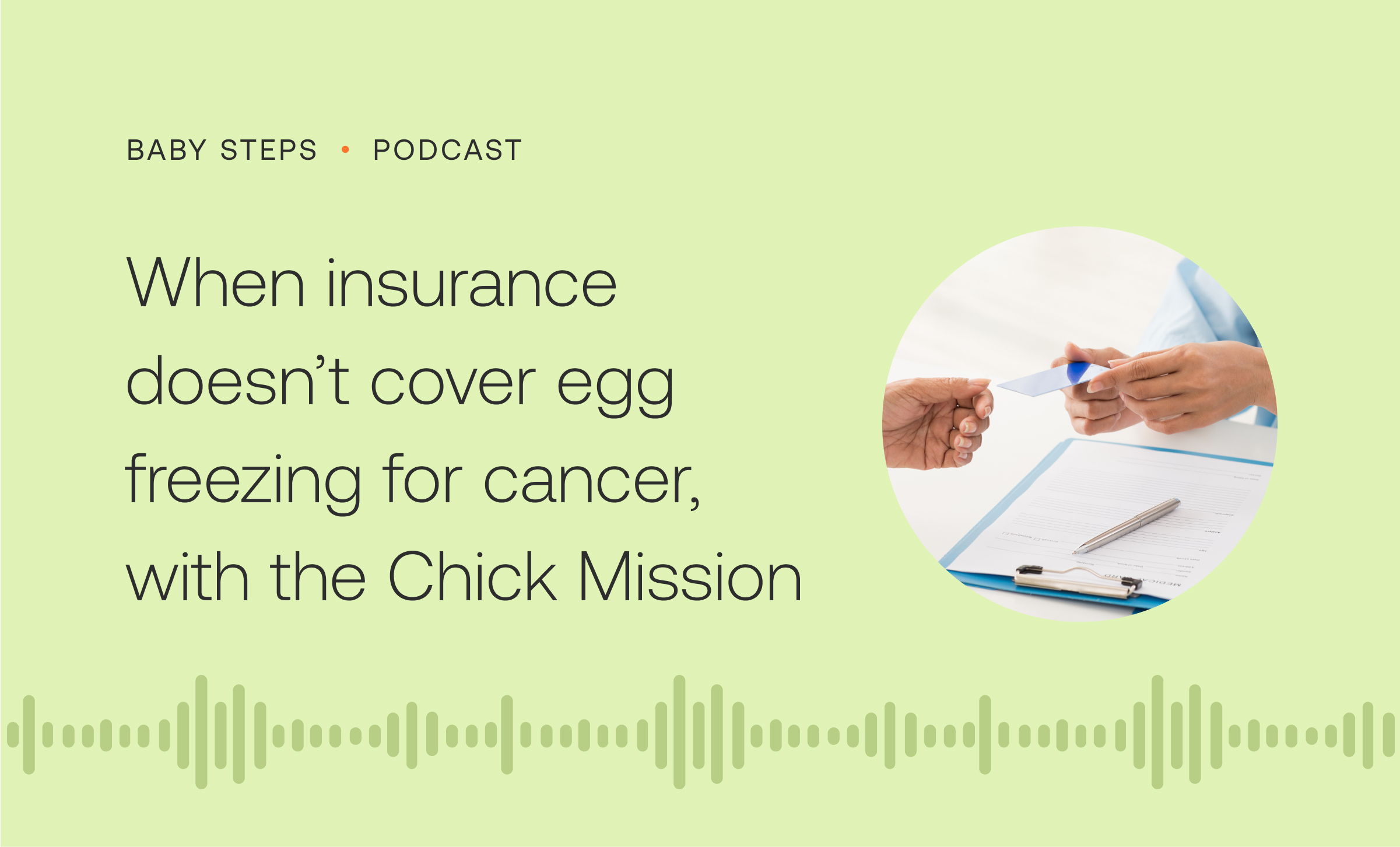Singapore’s fertility rate has been declining since the 1980s, despite government efforts aimed at making it easier to find a partner, take parental leave, and balance work with raising children. Unlike in other parts of the world, birth rate declines in Singapore for those in their twenties have not been offset by a higher birth rate for those in their thirties. One barrier preventing some people from starting a family may be misconceptions in Singapore about the benefits — and limits — of fertility treatments. We talked with Loh Seong Feei, MD, Medical Director at Carrot partner The O&G Specialist Clinic, about common myths, his predictions around how fertility care in Singapore may change in the future, and how his clinic approaches fertility care.
How Carrot supports members in Singapore
- Working with partners like The O&G Specialist Clinic
- Care navigation from Carrot based on deep local expertise
- Employer-provided financial support for fertility testings, intrauterine insemination (IUI), in vitro fertilization (IVF), and more through Carrot-vetted providers
What misconceptions do you hear from patients starting their fertility journey?
1: We hear patients say that having failed to get pregnant after trying for many years means that they are destined not to get pregnant, but it’s really about finding the right approach for their specific situation.
2: Many patients believe that fertility treatments are always very expensive. In fact, there are plenty of options available other than IVF. For example, IUI is less complicated, minimally invasive, and generally cost effective. Finding and treating the root cause of infertility can also frequently lead to pregnancies without couples resorting to IVF or other invasive treatments.
3: It’s also common to hear the misconception that fertility treatments mainly refer to IVF treatments. Again, IVF is just one of the assisted reproductive technology options available. We recommend couples go through a comprehensive fertility test to understand their issues. Sometimes, internal surgeries that can involve the testicles, clearing blockages in the fallopian tube, or removing cysts that can grow on the surface of an ovary may be needed to tackle the root cause of their fertility problems.
4: Some patients believe that they have unlimited time to think about growing their families. Unfortunately, the reality is that as age increases, both the quality and quantity of eggs decrease. Gynecological conditions that can interfere with fertility, including endometriosis, also become more common with age. We recommend younger people who aren’t ready to start a family undertake a comprehensive fertility test to understand if there might be any underlying conditions that may hinder family building in the future.
How have fertility trends in Singapore shifted or changed?
Singapore’s fertility rate has been on the decline since the 1980s. The high cost of living in Singapore and marrying later in life — or not at all — are two commonly-cited factors driving down the country’s birth rate. While these barriers are likely to continue, I predict that the increase in public media coverage around fertility treatments will increase awareness and encourage couples to plan early and feel more open to treatment options.
What are the current rules around egg freezing in Singapore? Do you predict these rules will change in the future?
In Singapore, only those with medical needs, such as preparing to go through chemotherapy, are allowed to freeze their eggs. We are anticipating some changes and relaxation in this regulation in the near future as a result of advocacy from local political parties. The People's Action Party (PAP) Women's Wing and Young PAP have called for the government to review its current position on egg freezing and allow the option of elective egg freezing.
Tell us a little about O&G and your approach to supporting patients.
We believe in supporting our patients with high-quality, specialized fertility treatments tailored to their needs. We support patients with attention and care across both the medical and emotional aspects of their health journey.
Can you tell us more about your clinic’s areas of medical specialization in obstetrics and gynecology and why that is important for patients?
We adopt a problem-oriented approach to fertility treatments. We believe in looking at fertility treatment options holistically, from lifestyle choices to medications, lab techniques, and assisted reproductive technologies. We believe an approach tailored for every couple is key to successful pregnancies.
If you’re a Carrot member, log into your account to search for fertility and family-forming services near you, including The O&G Specialist Clinic. Carrot partners offer exclusive benefits like priority booking and lower negotiated rates.
If you’re a fertility care or family-forming service provider interested in supporting Carrot members or want to learn more about working with Carrot, please contact us at providers@get-carrot.com.










.avif)



